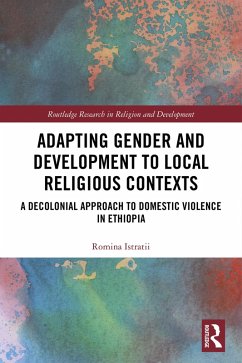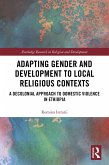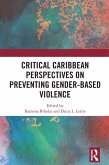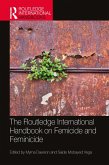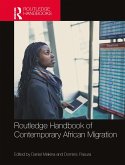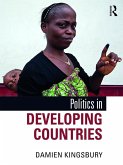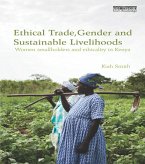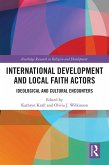Responding to recent consensus that gender mainstreaming approaches have failed to produce their intended structural changes, Romina Istratii explains that gender and development analytical and theoretical frameworks are often constructed through western Euro-centric lenses ill-equipped to understand gender-related realities and human behaviour in non-western religious contexts and knowledge systems. Instead, Istratii argues for an approach to gender-sensitive research and practice which is embedded in insiders' conceptual understandings as a basis to theorise about gender, assess the possible gendered underpinnings of local issues and design appropriate alleviation strategies. Drawing on a detailed study of conjugal abuse realities and attitudes in two villages and the city of Aksum in Northern Ethiopia, she demonstrates how religious knowledge can be engaged in the design and implementation of remedial interventions.
This book carefully evidences the importance of integrating religious traditions and spirituality in current discussions of sustainable development in Africa, and speaks to researchers and practitioners of gender, religion and development in Africa, scholars of non-western Christianities and Ethiopian studies, and domestic violence researchers and practitioners.
Dieser Download kann aus rechtlichen Gründen nur mit Rechnungsadresse in A, B, BG, CY, CZ, D, DK, EW, E, FIN, F, GR, HR, H, IRL, I, LT, L, LR, M, NL, PL, P, R, S, SLO, SK ausgeliefert werden.
"In this theoretically sophisticated and ethnographically grounded monograph - that focuses on Ethiopia - Romina Istratii questions 'the idea of treating popular gender theories as globally relevant' because they fail to view gender realities as 'nuanced, complex and non-uniform', as well as to consider how the 'non-secular' plays a role in shaping gender subjectivities and relations. This book is an important contribution to a growing field of studies that seeks to problematise the dominant secular Gender and Development paradigm, where it seeks to understand and transform gender relations, to eradicate social ills such as domestic violence, yet is underpinned by Euro-centric assumptions that are rarely addressed." -- Emma Tomalin, Professor in the School of Philosophy, Religion and History of Science, Leeds University, UK

